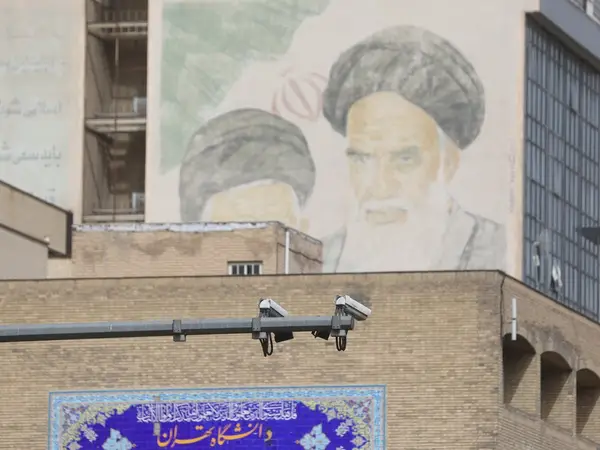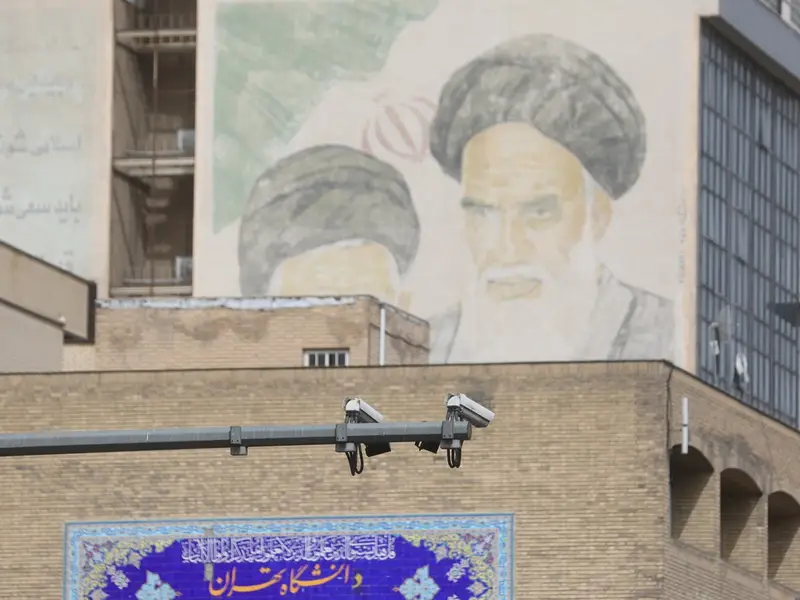Iran's Interior Minister Ahmad Vahidi has defended the practice of government agents photographing citizens in public spaces, describing it as "natural."
As a response to public outcry, Vahidi compared traffic control cameras, asserting that capturing images of those violating rules is a common and convenient method.
In April, Iran's police announced that new cameras were installed in public places and thoroughfares to identify and penalise unveiled women, another attempt to rein in the increasing number of women defying Iran's compulsory dress code.
Tehran’s prosecutor opened a case against the reformist Etemad newspaper on Sunday after it published an interior ministry document outlining the enforcement of hijab rules. The report provided details about the deployment of hijab enforcers at Tehran's subway stations and cited a directive issued by Vahidi to several government entities, including Tehran Municipality and the Metro Company.
The document, outlining steps for enforcing hijab rules in "government-controlled places," contradicted Vahidi's earlier denial of his ministry's involvement in the deployment of hijab enforcers at subway stations.
A state official responsible for promoting religious social standards, Mohammad-Hossein Taheri-Akerdi, said on Saturday that over 2,850 "revolutionary and jihadi forces" are voluntarily carrying out the religious duty of enforcing hijab.
Vahidi's directive, as disclosed in the document, grants authority to the police, the intelligence organization of the Revolutionary Guards (SAS), and the Ministry of Intelligence to photograph and film women defying hijab rules in public places, including subway stations and metro cars. The collected evidence will be used for prosecution and intimidation, aiming to enforce compliance with hijab regulations.

